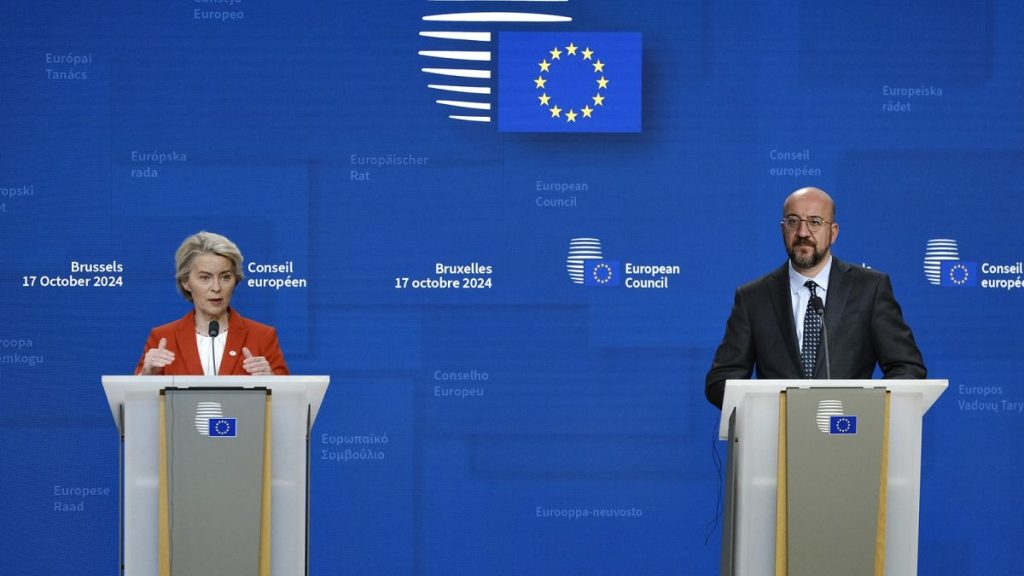EU leaders recently met in Brussels for a summit that signalled a potential shift in the bloc’s approach to migration policy. The leaders endorsed the outsourcing of migration policy, although details on how this would work in practice were scarce. The aim is to find innovative solutions to decrease the number of asylum applications, which reached a high last year. The idea of creating “return hubs” in non-EU countries for rejected asylum seekers was discussed, as well as offering international protection in “safe third countries.” The EU leaders also discussed providing financial support to organizations like the UN Refugee Agency to return migrants to their home countries.
Despite some opposition from countries like Spain and Belgium, the tide appears to be turning in favor of offshoring migration policy. Critics warn that outsourcing could undermine the asylum process and lead to human rights violations. EU leaders are pushing for more operational action in the field of migration. Another topic of discussion at the summit was instrumentalised migration by Belarus and Russia at the EU’s Eastern border. Some countries have experienced this firsthand and proposed measures like temporary suspension of the right to asylum. The EU leaders agreed that external borders must be protected, even if this means taking exceptional measures, while respecting EU and international law.
The issue of instrumentalised migration raised concerns about where the line between legal and illegal actions lies. Some leaders drew on examples like Finland’s emergency law that legalizes pushbacks, highlighting the need for European-level legislation to address the problem. Leaders also called for more EU-funded deals with neighboring countries to prevent migration flows before they reach the EU’s borders. The EU’s Tunisia deal was cited as a success, leading to a decrease in migrant flows through the Central Mediterranean. The importance of implementing existing EU legislation was emphasized in the summit’s conclusions, as some member states have vowed to ignore recent migration reforms completed in May.
Overall, the summit in Brussels marked a significant step towards a new approach to EU migration policy, focusing on outsourcing and addressing the issue of instrumentalised migration. While details on the practical implications of these strategies are still lacking, leaders are moving towards more operational action in the field of migration. The ongoing discussions highlight the need for a balance between protecting external borders and respecting international law. The success of deals with neighboring countries and the implementation of existing EU legislation will be key in shaping the future of EU migration policy and addressing the complex challenges faced by the bloc.


